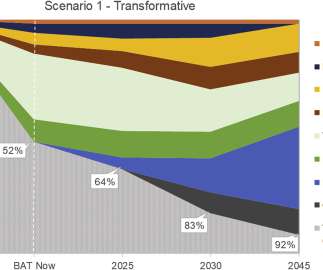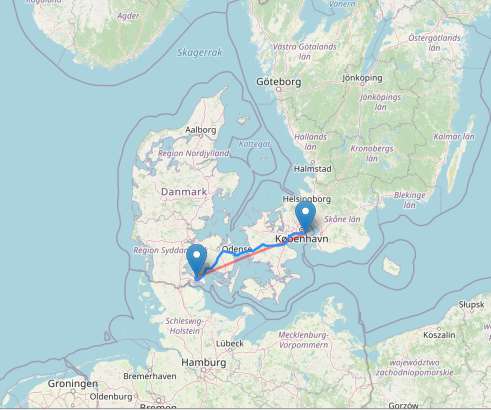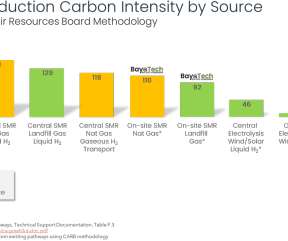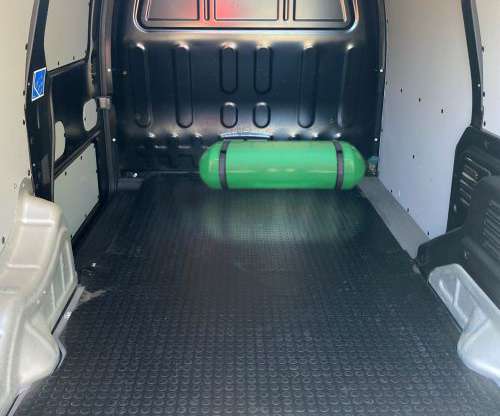Study finds emissions from road construction could be halved using today’s technology
Green Car Congress
MAY 19, 2020
The construction sector accounts for a quarter of CO 2 emissions, in Sweden and globally. All the materials and activities involved in its construction were calculated for their total climate impact: energy and materials used in the construction and what emissions these contribute to. Karlsson et al. What materials are used?




















Let's personalize your content